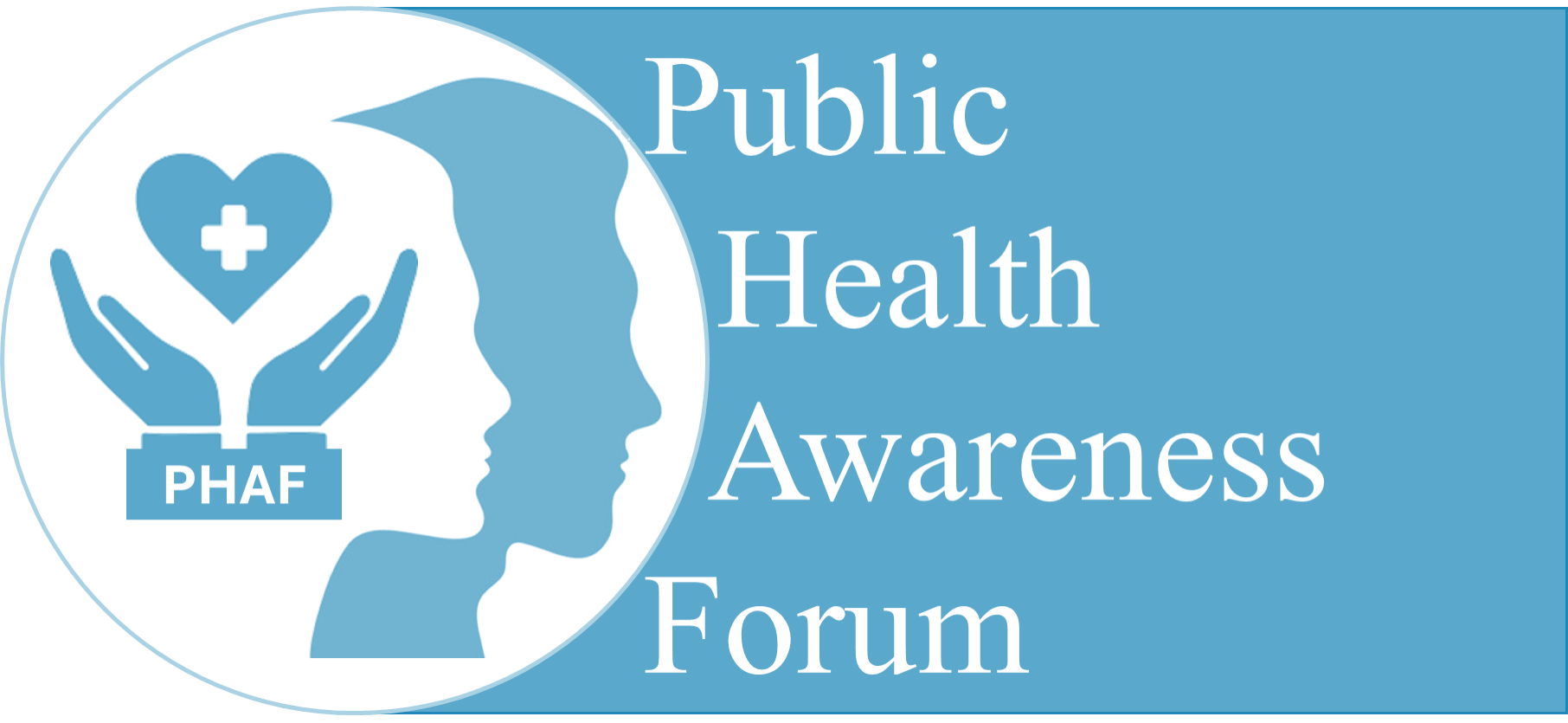Morning sickness, characterized by nausea and vomiting, is a common experience for many pregnant women, affecting approximately 70-80% of expectant mothers during their first trimester. Despite its name, morning sickness can occur at any time of day and can range from mild to severe. This comprehensive guide provides detailed information on managing morning sickness, including causes, practical tips, and strategies for relief to help you navigate this challenging aspect of pregnancy.
Understanding Morning Sickness
Morning sickness is a common pregnancy symptom typically occurring between the 6th and 12th weeks of pregnancy. Although it is termed “morning sickness,” it can happen at any time of day. The condition is attributed to hormonal changes, particularly increased levels of human chorionic gonadotropin (hCG) and estrogen, as well as other factors such as changes in metabolism and gastrointestinal function.
Causes and Risk Factors
While the exact cause of morning sickness is not fully understood, several factors may contribute to its development:
- Hormonal Changes: Elevated levels of hCG and estrogen during early pregnancy are believed to play a significant role in causing nausea and vomiting.
- Gastrointestinal Sensitivity: Pregnancy hormones can slow down gastrointestinal motility, leading to increased nausea and digestive discomfort.
- Genetic Factors: Some studies suggest that a family history of morning sickness may increase the likelihood of experiencing it.
- Previous Pregnancy History: Women who have experienced morning sickness in previous pregnancies may be more likely to experience it again.
Strategies for Managing Morning Sickness
Although morning sickness can be challenging, several strategies can help manage and alleviate symptoms. Implementing these tips can provide relief and improve overall comfort during early pregnancy.
Dietary Adjustments
Making specific changes to your diet can help reduce the frequency and severity of nausea:
- Eat Small, Frequent Meals: Consuming small meals every 2-3 hours can help prevent an empty stomach, which may exacerbate nausea. Focus on nutrient-dense foods and avoid large meals that can lead to discomfort.
- Choose Bland Foods: Opt for bland, easy-to-digest foods such as crackers, toast, and rice. These can help settle your stomach and reduce nausea.
- Avoid Trigger Foods: Identify and avoid foods or smells that trigger your nausea. Common triggers include spicy, greasy, or strongly flavored foods.
- Stay Hydrated: Drink plenty of fluids to stay hydrated, especially if you are experiencing vomiting. Sip water, herbal teas, or clear broths throughout the day.
Ginger and Other Natural Remedies
Ginger is a well-known remedy for nausea and can be particularly effective for morning sickness:
- Ginger Tea: Drinking ginger tea or ginger ale (with real ginger) can help alleviate nausea. Ginger supplements are also available, but it?s important to consult your healthcare provider before using them.
- Vitamin B6: Vitamin B6 supplements may help reduce nausea. Studies have shown that vitamin B6 can be effective in managing morning sickness. However, always consult your doctor before starting any new supplement regimen.
- Acupressure: Applying pressure to specific points on the wrist, known as the P6 point, may help alleviate nausea. Acupressure bands are available and can be worn to provide relief.
Lifestyle Modifications
Making certain lifestyle changes can also help manage morning sickness:
- Rest and Relaxation: Ensure you get plenty of rest and avoid overexerting yourself. Stress and fatigue can exacerbate nausea.
- Avoid Strong Odors: Minimize exposure to strong smells that may trigger nausea, such as perfumes, cooking odors, or fumes.
- Maintain a Comfortable Environment: Create a comfortable and soothing environment. Use fans, open windows, or fresh air to help alleviate nausea.
Medical Interventions
In cases where morning sickness is severe and persistent, medical interventions may be necessary:
- Anti-Nausea Medications: Your healthcare provider may prescribe anti-nausea medications, such as doxylamine or ondansetron, if lifestyle and dietary changes are not effective.
- IV Fluids: In cases of severe dehydration or hyperemesis gravidarum (a condition characterized by severe nausea and vomiting), intravenous fluids may be needed to restore hydration and electrolytes.
When to Seek Medical Advice
While morning sickness is generally a normal part of pregnancy, there are instances when you should seek medical advice:
- Severe Symptoms: If you experience severe nausea and vomiting that interferes with your ability to eat, drink, or function, consult your healthcare provider.
- Signs of Dehydration: Seek medical help if you notice signs of dehydration, such as dark urine, dizziness, or excessive thirst.
- Persistent Vomiting: If vomiting persists beyond the first trimester or becomes increasingly severe, contact your healthcare provider for further evaluation.
Statistical Data and Research
Several studies provide insights into the prevalence and impact of morning sickness:
- Prevalence: Approximately 70-80% of pregnant women experience morning sickness, with symptoms typically beginning around the 6th week of pregnancy and peaking between the 8th and 12th weeks (NCBI).
- Impact on Quality of Life: Studies have shown that morning sickness can significantly impact quality of life, affecting daily activities, work productivity, and emotional well-being (NCBI).
- Hyperemesis Gravidarum: Approximately 0.5-2% of pregnant women experience hyperemesis gravidarum, a severe form of morning sickness that may require hospitalization (NCBI).
Conclusion
Dealing with morning sickness can be challenging, but with the right strategies and support, it is possible to manage symptoms effectively and improve overall well-being. By implementing dietary adjustments, exploring natural remedies, making lifestyle modifications, and seeking medical advice when needed, you can navigate this common aspect of pregnancy with greater ease. Understanding the causes and effective management strategies can help you find relief and maintain a healthier, more comfortable pregnancy experience. Always consult your healthcare provider for personalized advice and support tailored to your specific needs.



